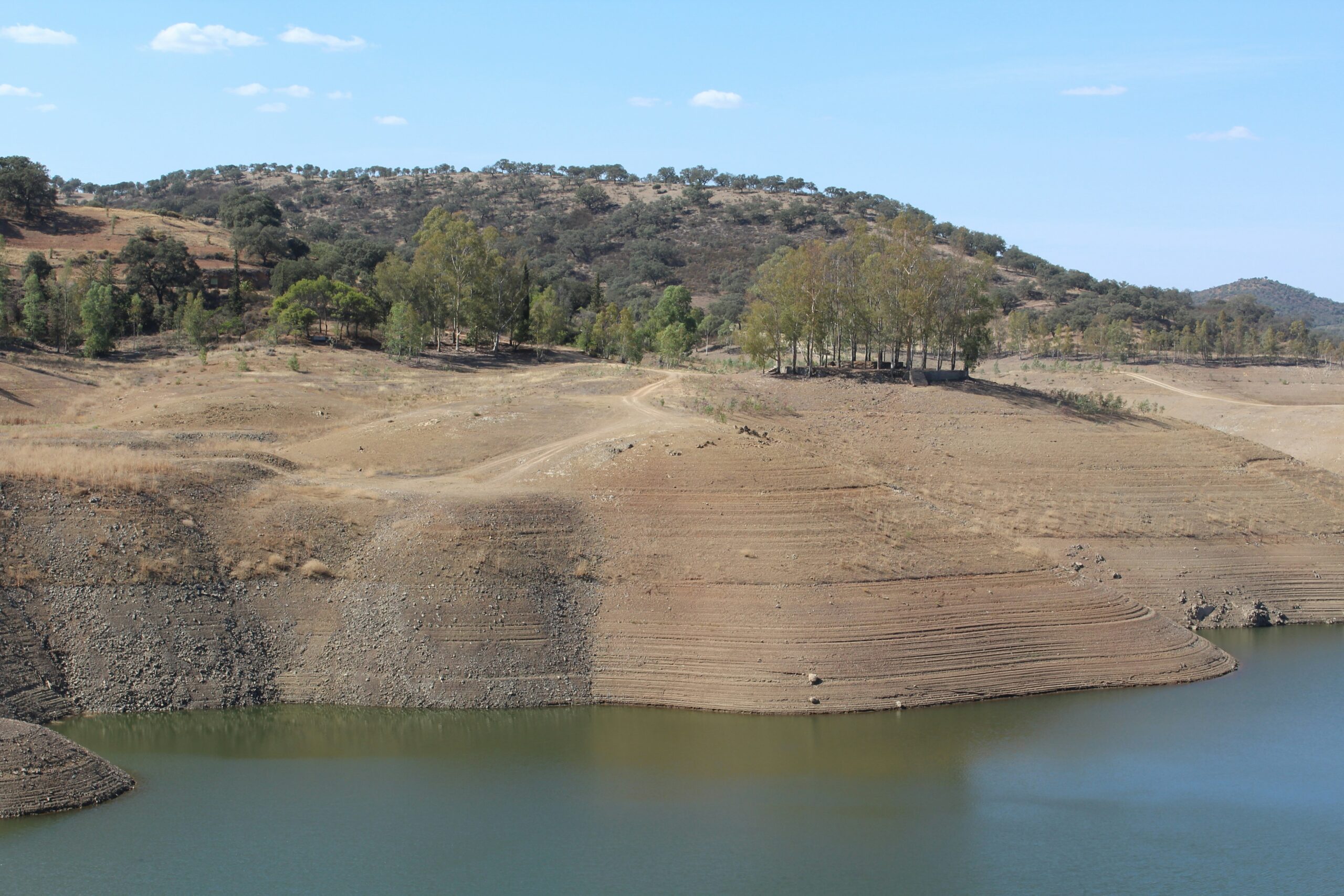Introduction:
It is a change in the 21st century how nations see natural resources. While fossil fuels historically define power, water scarcity quickly appears as a key issue that forms economies, security and diplomacy. With the expectation of the world’s population over 9 billion by 2050, the demand for freshwater is estimated to increase by more than 50%. Nevertheless, climate change reduces industrial growth and unstable consumption rivers, aquifers and glaciers with dangerous prices. It has created a new geopolitical challenge, where there is no guarantee of access to clean water, even for developed countries. In this context, the global water crisis has become one of the defined challenges of our time.
Lack of water: a growing global threat
The term water scarcity refers to imbalance between demand and supply on fresh water. Today, more than two billion people live in areas facing high water stress. The Middle East, North Africa and parts of South Asia are at the forefront, where the decline in water accessibility threatens food production, energy production and public health. Urbanization only exacerbates the crisis, as cities use huge amounts of water struggling to compete with rural areas.
When a lack of water increases, it no longer affects individuals or communities – it destabilizes entire countries. Lack of water can cause inflation in food prices, displacement of the population and increase the stress of shared resources. For example, drying of tigris and eupherates has increased disputes between Turkey, Syria and Iraq, showing how water shortages rapidly increase in regional problems.
Waterland policy: Fight and cooperation
As soon as the water becomes coarser, geopolitics water has taken the center in international conditions. Shared rivers, such as Indigo, Mekong and Indus, have become hotspots for conflict, interaction, competition and even conflict. Nations that control upstream resources often utilize significant benefit from downstream countries, leading to an imbalance of power.
The controversy between Egypt, Ethiopia and Sudan about the Grand Ethiopian Renaissance Dam is a clear example of how to affect geopolitics water diplomacy and safety. Similarly, the tension between India and Pakistan on the Indus River throws light on how shared resources can share and reconcile nations. In these scenarios, the water exceeds a natural resource – it becomes a tool for effect, a negotiating piece in political conversations and a potential trigger for conflict.
However, it is important to note that the Watergeo strategy is not limited to battle. Water can also serve as a catalyst for collaboration. Many regions have successfully established treaties and outlines to manage shared water resources, and prove that collaboration is possible when the nation prioritizes stability and diplomacy over competition.
Sustainable Water Management: Build a safe future
While the challenges are enormous, the solutions exist as Sustainable Water Management. This involves using practice and technologies that ensure water conservation, reuse and equally distributed. The nation that invests in dislocation, wastewater recovery, harvesting of rainwater and smart watering is better prepared to meet the growing demand without eliminating nature reserves.
For example, Singapore is often famous as a global leader in permanent water management,
Its innovative “Nutr” with a recycling program. Similarly, Israel has groundbreaking drip irrigation systems that maximize agricultural productivity with minimum water use. Such examples show that stability is not just an environmental responsibility – it is also a way of flexibility and safety.
Globally,Sustainable Water Management is also integrated into strategies for climate change, which recognizes the important link between water, energy and food safety. By reducing waste, investing in infrastructure and promoting international cooperation, the nation can make water challenges to innovation and collaborative opportunities.
Water as a driver of international relationships
The global water crisis is deeply changing international conditions. Water has become a key factor in trade negotiations, security policy and even migration patterns. The nations that are unable to ensure access to fresh water may experience economic decline, political instability and humanitarian crises.
Conversely, countries that succeed in managing water resources are given their competitive benefits in global markets. They also strengthen their diplomatic influence, as water technology and expertise become valuable assets to share with other countries. This round holds water not only as a challenge, but as a new form of soft power in global politics.
The role of international cooperation
The global water crisis requires more than national politics – it requires international cooperation. Organizations such as the UN, the World Bank and the Regional Water Council focus on fast treaties, financing and frameworks that promote the shared management of cross -border water resources.Sustainable development goals (SDG), especially on clean water and hygiene, emphasize global obligation to solve this problem.
International cooperation on water promotes peace, stability and mutual gains. This allows nations to go beyond competition and identify that water is a common resource required to survive. By prioritizing Sustainable Water Management and fair distribution, the authorities can reduce stress and ensure long -term stability.
Conclusions: Future defined by water
The global water crisis is no longer a distant danger – it is here, and it shapes the world again. Lack of water destabilizes the GEO strategy of water that destabilizes nations, and the promise of Sustainable Water Management that provides hope, the future of international relationships is defined by quick access to fresh water.
Nations that adapt, innovate and cooperate, will lead the safer and durable future. Those who ignore volatility at the risk of this crisis and the decline in the decline. Water is once considered a rich and endless resource, now the basis for global power. Over the coming decades, how humanity will react to this challenge not only determines the environmental existence, but also balances peace and cooperation around the world.

